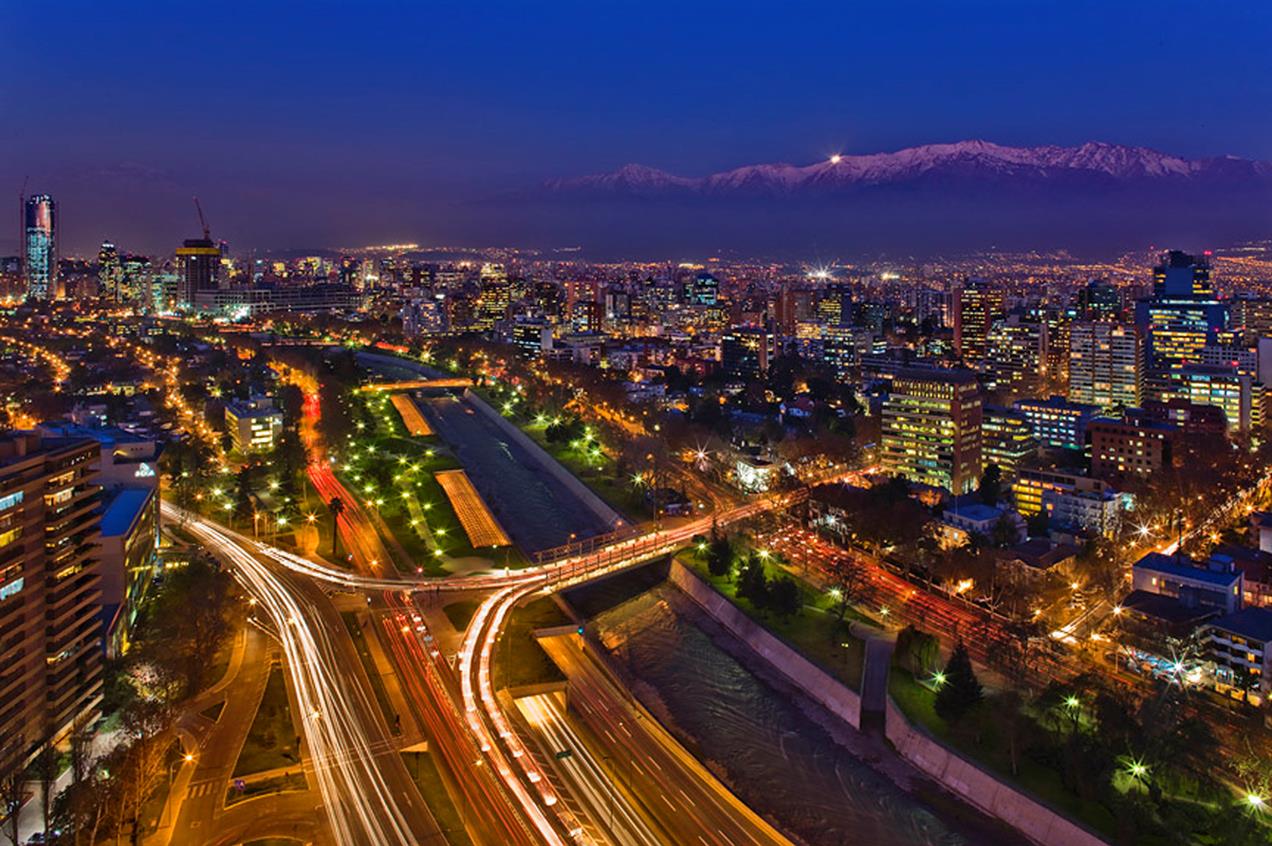recent policy initiatives have encouraged investment, along with the recent upgrade connecting the nation's two main grid systems.
Being 4,300km long and, on average, 177km wide, Chile provides "unique challenges" for energy infrastructure.
However, with the Atacama Desert, and the Andes running parallel with the coastline, it has a "high potential" for wind and solar resources.
IEA congratulated the government on developing a long-term energy policy to 2050, on which the public was consulted, according to the agency.
It backed the technology-neutral auctions and also noted the government's increased involvement by the Chilean state in energy policy "which has helped to inject a new dynamism in the development of energy projects".
Still, IEA projects energy demand in Chile to at least double by 2050, requiring further grid and generation investment.
Currently, renewables generates 40% of Chile's demands, with targets to increase this to 60% by 2035 and 70% by 2050.
"To attain a 60% share of renewable power by 2035 at the least cost, the share of solar photovoltaics (PV) and wind power must increase considerably," IEA said in the report.
"This is possible, because the costs of these technologies have decreased substantially and will decline further, while the potential is very high for solar and high for wind power.
"However, to integrate a large share of variable renewable energy, the flexibility of the power sector must be increased.
"More transmission infrastructure, storage and demand-side response needs to be developed. Natural gas could be used more as a backup fuel for solar and wind power and for that purpose a liquid wholesale market for gas would be benefitial," the report added.
The nation shows no signs of slowing its appetite for low-carbon energy.
Following the election of conservative businessman Sebastián Piñera as president in December, Chile's renewable energy association (Acera) backed calls for sourcing 100% of electricity from renewables by 2040.
According to Acera, the country's installed renewable capacity has grown from 952MW in 2012 to 4.9GW by the end of 2017 — with a further 1GW of mainly wind and solar power to be expected in 2018.
Data from “uåX˜äŠÊ˜·³Ç Intelligence, the research and data arm of “uåX˜äŠÊ˜·³Ç, shows Chile added around 272MW of wind in 2017, with total capacity now standing at around 1.7GW.




.png)
HR.jpeg)
.png)








